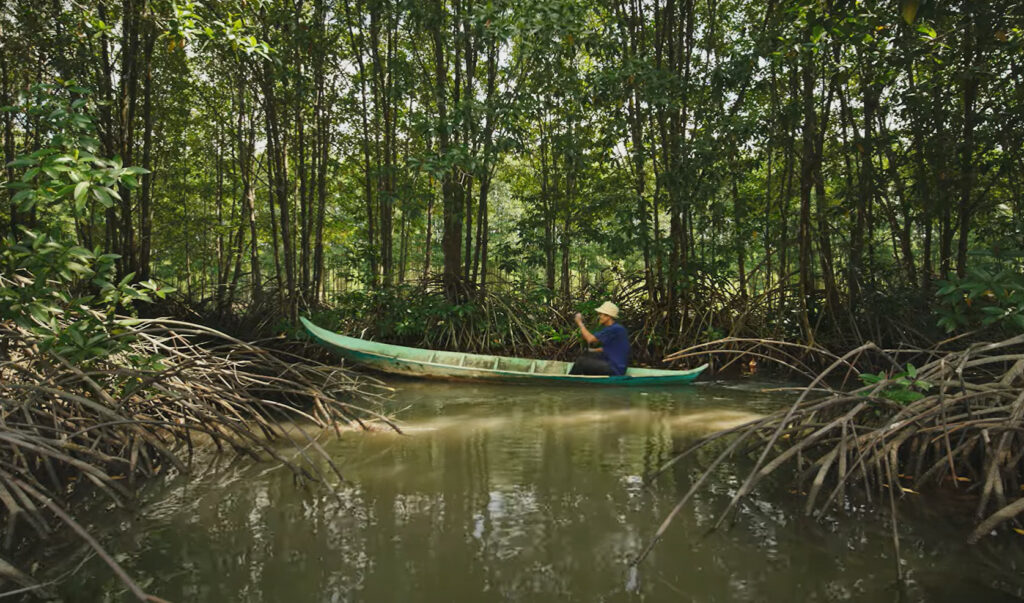BAP Closes Out 2017 with 1,850 Certified Facilities
The industry-leading Best Aquaculture Practices (BAP) third-party certification program ended 2017 on a high note, closing out the year with 1,850 BAP-certified farms, processing plants, hatcheries and feed mills. That’s a 18.7 percent jump from the same time a year ago.
Of the 1,850 BAP-certified facilities, 1,169 are farms, 388 are processing plants, 191 are hatcheries and 102 are feed mills, located in 31 countries and six continents. The 1,000-plus farms produce more than 1.8 million metric tons of finfish and shellfish annually, predominately shrimp, salmon, tilapia, pangasius, catfish and mussels.
In addition to the steady growth this year, the BAP third-party certification program has scored a number of firsts in the past three months, including the first BAP-certified facility in Africa (Jiang’s Fish Processor Co. Ltd. crawfish processing plant in Egypt), first four-star BAP cobia company (Open Blue Sea Farm Panama S.A.), first BAP-certified oyster and scallop facility (Rushan Hope Well Foods Co. Ltd. processing plant in China) and first BAP-certified crab facility (Zhejiang Aoling Aquatic Seeding Technology Co. Ltd. hairy crab farm in China).
BAP is the world’s most comprehensive third-party aquaculture certification program, with aquaculture standards encompassing environmental responsibility, social responsibility, food safety, animal health and welfare and traceability. It’s also the only program to cover the entire aquaculture production chain — processing plants, farms, hatcheries and feed mills.
Demonstrating the industry’s long-term commitment to responsible aquaculture, the BAP program has more than doubled in size in the past two years, growing from about 700 BAP-certified facilities at the end of 2014 to 1,500-plus facilities by the end of 2016 to 1,850 facilities to date.
About BAP
A division of the Global Aquaculture Alliance, Best Aquaculture Practices is an international certification program based on achievable, science-based and continuously improved performance standards for the entire aquaculture supply chain — farms, hatcheries, processing plants and feed mills — that assure healthful foods produced through environmentally and socially responsible means. BAP certification is based on independent audits that evaluate compliance with the BAP standards developed by the Global Aquaculture Alliance.




